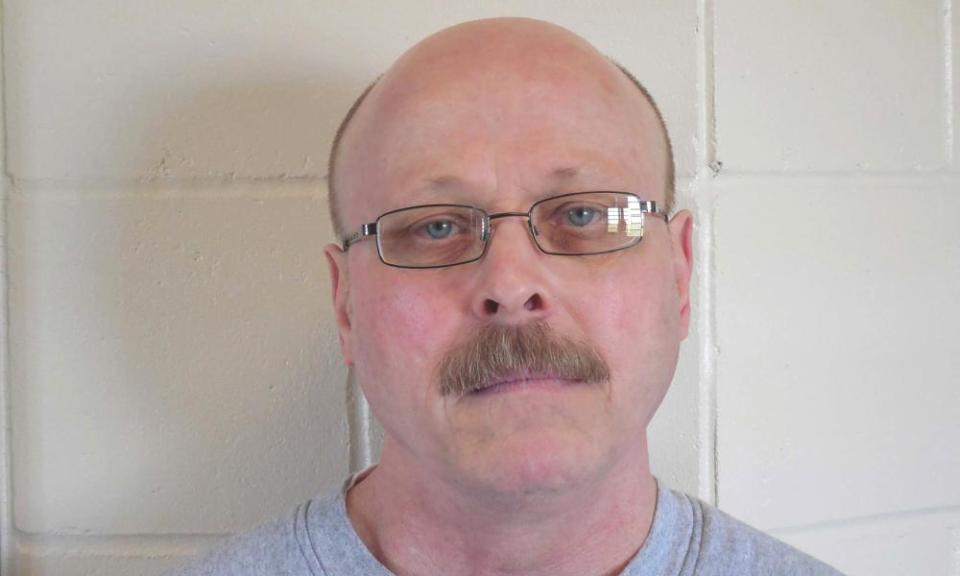Nebraska carries out America's first execution using opioid fentanyl
Fentanyl – which has central role in America’s overdose epidemic – used to kill Carey Dean Moore despite widespread objections

Nebraska has carried out the first execution in the US using fentanyl, the opioid painkiller that killed Prince and has a central role in America’s overdose epidemic.
The state put Carey Dean Moore, a double murderer, to death on Tuesday morning, the first execution there for 21 years. Nebraska voters had previously overturned a 2015 law abolishing capital punishment. A court challenge by a drug company seeking to block the execution over the use of its drugs, alongside fentanyl, in the lethal injection, had failed on Monday.
Nebraska’s prison system on Tuesday used fentanyl, a synthetic opioid misused in more than 20,000 US overdose deaths a year, as one of four drugs combined to put Moore to death. The fentanyl, a powerful painkiller, was used alongside a sedative, a muscle relaxant, and potassium chloride to stop Moore’s heart.
German pharmaceutical manufacturer Fresenius Kabi had failed to get a legal injunction against the use of two of its drugs in the fatal cocktail, arguing unsuccessfully that Nebraska obtained them illegally and their misuse could lead to a botched execution.
Witnesses said that the execution on Tuesday was swift and without evident problems.
Moore was brought into the death chamber shortly after 9am local time and, still standing, was asked if he wanted to say anything. Moore, who was on death row for 38 years over the killing of two cab drivers during a robbery in 1979, said he had nothing to add to a statement earlier this month in which he said he was “terribly sorry” for taking his 14 year-old brother, Donald, to commit the crime with him.
He said: “As the older brother I should have led him in the right way to go instead of bringing him down.”
Moore appealed for his brother’s parole to be lifted. He also drew attention to the plight of innocent men on death row. “Why must they remain there one day longer than all the years they have been there. I am guilty. They are not,” he said.
In the execution chamber, Moore was strapped to a gurneyand turned his head toward the three people and a member of the clergy he invited as witnesses and several times mouthed “I love you”. He then closed his eyes, was seen to start breathing heavily and then coughing. Moore went still as his face turned purple.
He was declared dead at 10.47am local time, Scott Frakes, director of the Nebraska department of correctional services, said.
Nebraska’s governor, Pete Rickets, whose family owns the Chicago Cubs baseball team and an online brokerage firm, gave $300,000 to a 2016 campaign to restore capital punishment. “A vast majority of Nebraskans voted to retain the death penalty and it’s an obligation to carry out our laws,” said Ricketts before Moore’s execution.
The American Civil Liberties Union of Nebraska failed in its attempts to block Moore’s death.

